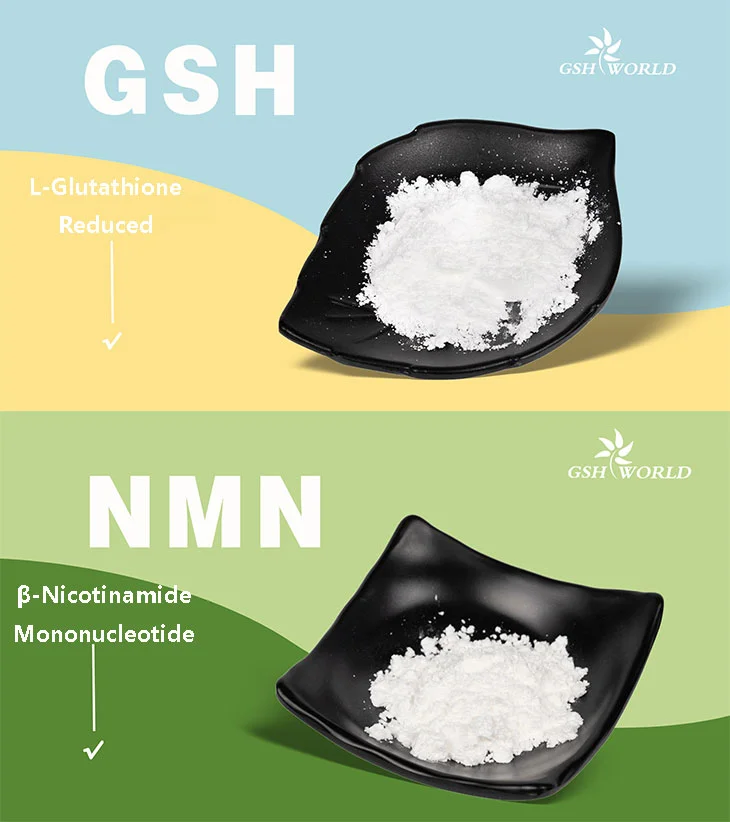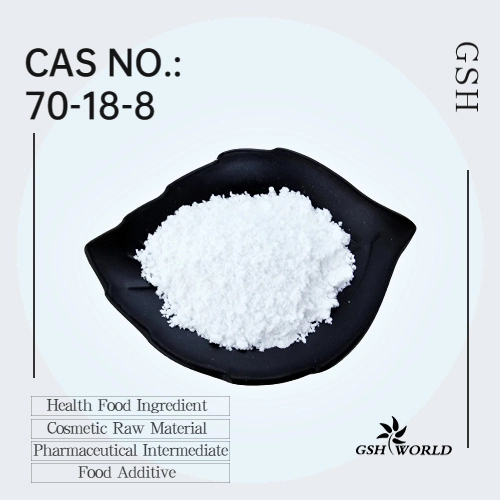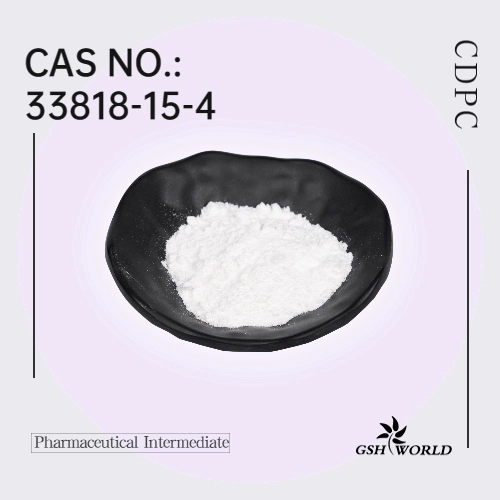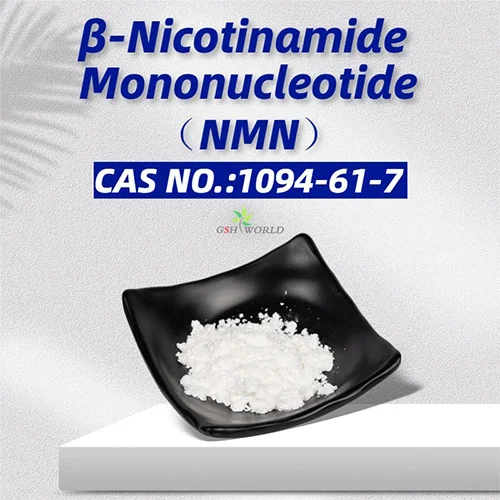Study finds that NMN may prevent hearing loss
According to an article published in Toxicol Lett, NMN can resist the damage of cisplatin to cochlear hair cells and protect the hearing of mice.
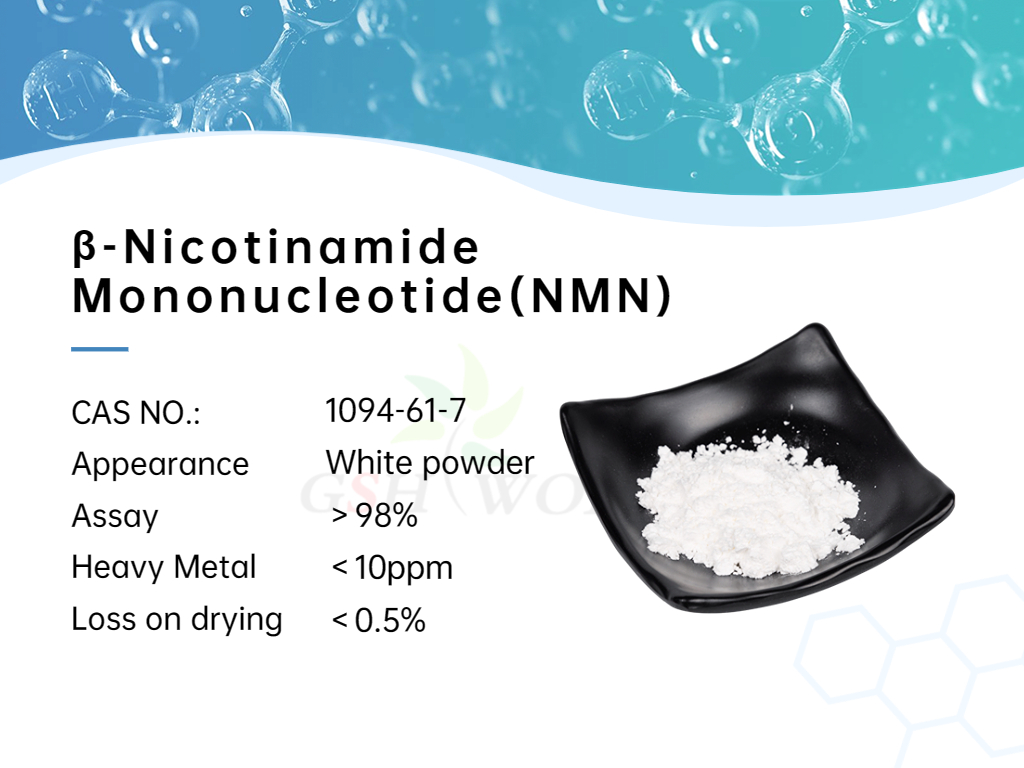
Recently, Professor Yang Haidi, Professor Zheng Yiqing and others from the Affiliated Hospital of Sun Yat-Sen University (Sun Yat-sen Memorial Hospital) in Guangzhou, China, found in a study that the life essential molecule Nicotinamide adenine dinucleotide (Nicotinamide adenine dinucleotide, NAD+) may interact with cisplatin It is related to the ototoxicity of cisplatin, which was significantly reduced in cochlear hair cells after cisplatin treatment, and the supplementation of NAD+ direct precursor β-Nicotinamide Mononucleotide (Nicotinamide mononucleotide, NMN) can resist the damage of cisplatin to cochlear hair cells, Most of the hearing in the mice was preserved. The study has been published in Toxicol Lett.
In this study, Professor Yang et al. extracted cochlear tissue from newborn mice for ex vivo culture (also known as cochlear implants), followed by administration of cisplatin to analyze the effect of cisplatin on cochlear tissue. Specific impact.
The results showed that cisplatin caused hair cell death in a time- and concentration-dependent manner. Simply put, cisplatin toxicity increases with time and concentration.
Although the above results are consistent with previous literature, changes in intracellular substructures remain unclear. Since mitochondria are one of the most important organelles in cells, they are responsible for important functions such as energy generation and scavenging active oxygen, and NAD+ is an essential molecule for life, so Professor Yang and others focused on these two physiological indicators in cochlear explants. changes in .
The results showed that cisplatin can cause mitochondrial dysfunction, the "energy factory" in cells, and the dysfunction became more serious as the concentration increased (Fig. 4A); Short-term (24 hours) results in a slight increase in NAD+ levels, but both high concentrations (150 μM) and long-term (48 hours) lead to large decreases in NAD+ levels.
Studies have found that NAD+ and mitochondrial function are related to the ototoxicity of cisplatin. As the direct precursor of NAD+ biosynthetic metabolism, NMN has been proven to be one of the most effective ways to increase NAD+. Professor Yang and others also explored whether NMN can also resist the ototoxicity caused by cisplatin from this perspective.
The results showed that cisplatin significantly reduced the number of hair cells in mouse cochlear explants compared with the control group, but this effect was significantly attenuated when coadministered with NMN (100 mg/kg). This shows that NMN can resist the shedding of cochlear hair cells.
In this study, Professor Yang Haidi and others confirmed that NAD+ and NMN can prevent cisplatin chemotherapy-induced hair cell loss and hearing loss, allowing people to better understand how "ototoxicity" occurs, and also to explain the ototoxicity of cisplatin. A potential method of prevention is offered.
*Special note - This article is for informational purposes only and cannot replace a doctor's treatment diagnosis and advice. It should not be regarded as a recommendation or proof of efficacy of the medical products involved. If it involves disease diagnosis, treatment, and rehabilitation, please be sure to go to a professional medical institution to seek professional advice.
PREVIOUS: Advantages of Acetyl Glutathione
NEXT: Application of citicoline in post-stroke cognitive impairment
by GSHWORLD
GSHWORLD is China Biological API Manufacturer. China NMN Supplements powder suppliers & best NMN benefits raw material Factory.


